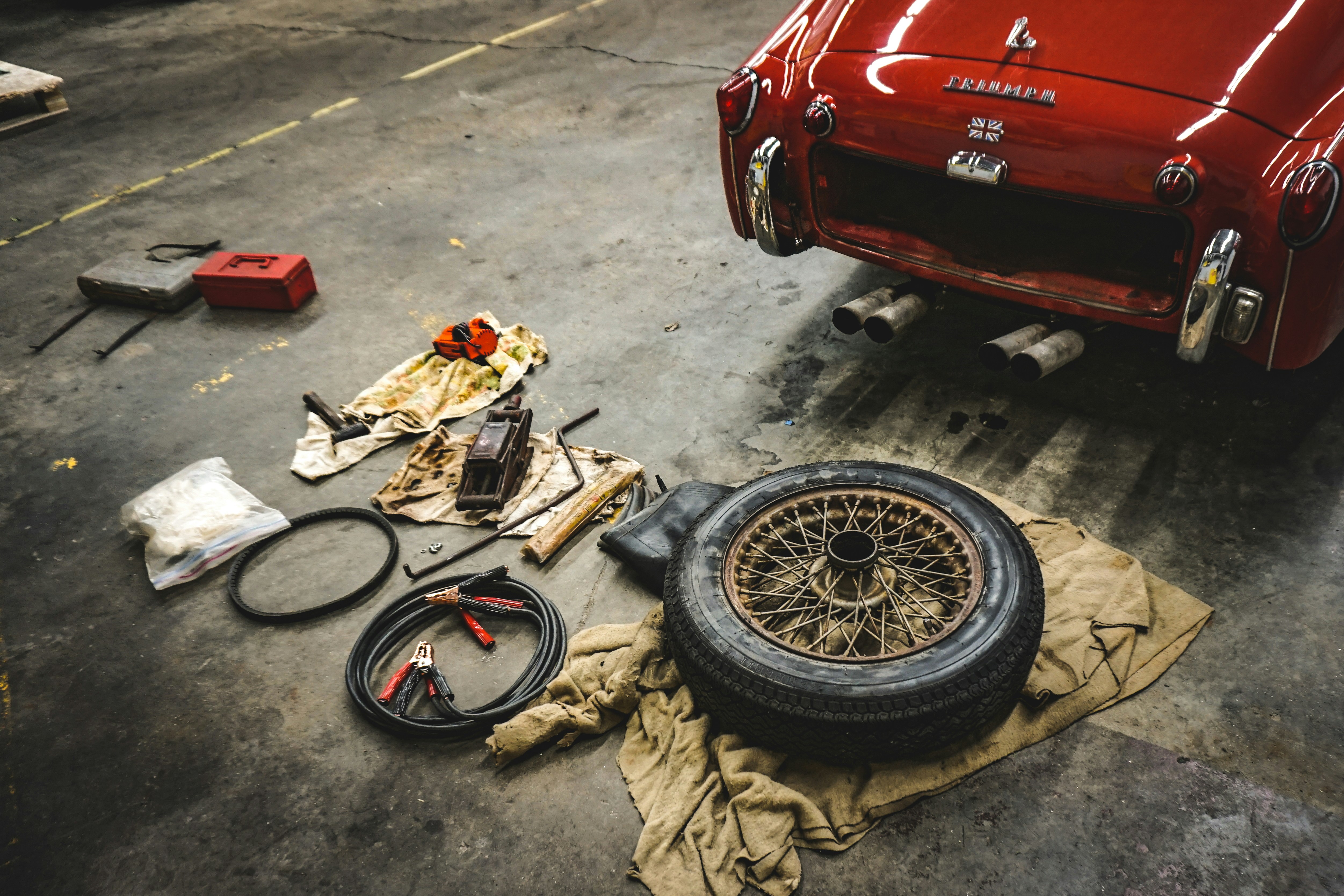Understanding the Importance of Regular Maintenance
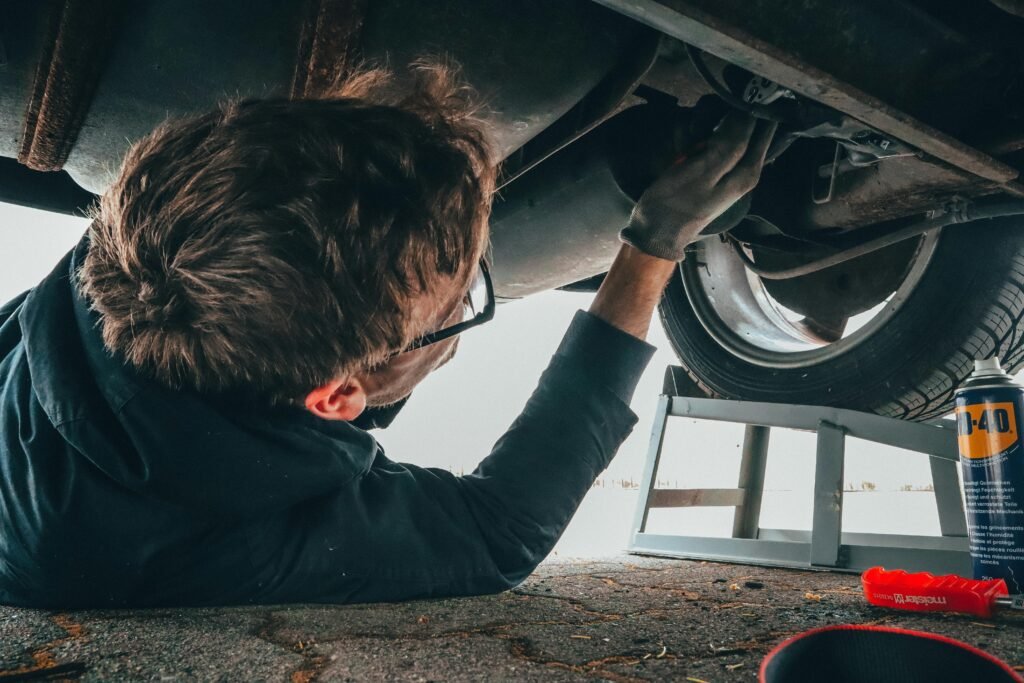
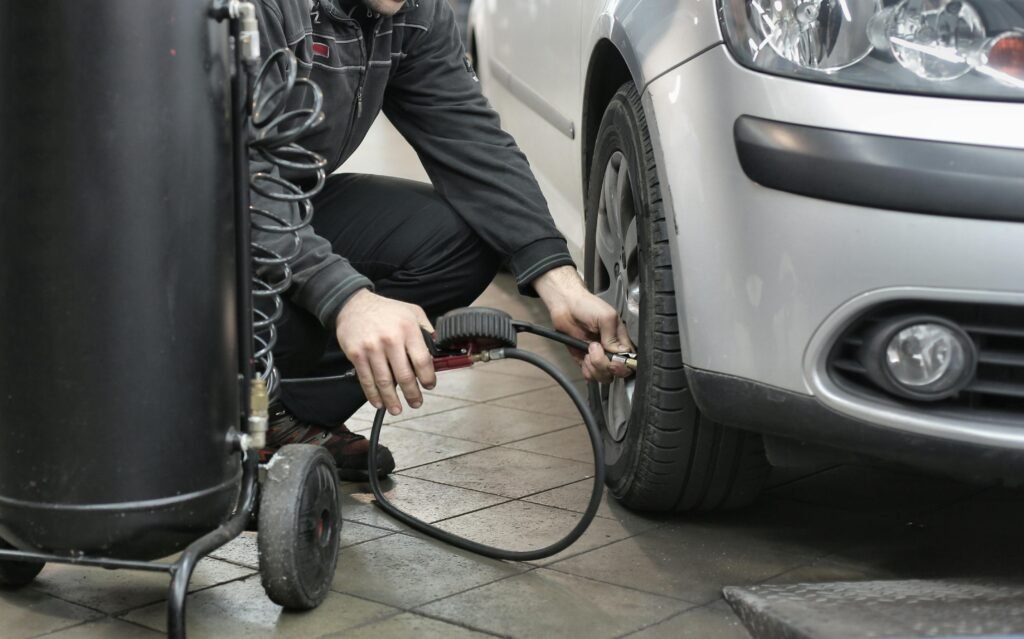
Regular maintenance is an essential aspect of vehicle ownership that can significantly affect the longevity, safety, and performance of any car. Neglecting routine maintenance can lead to a series of complications that not only diminish the driving experience but may also pose serious risks on the road. For instance, ignoring a simple oil change can result in engine problems that could be costly to repair and reduce the car’s efficiency. Consequently, understanding the impact of regular maintenance is crucial for every driver.
Many common issues arise from a lack of maintenance; these can include decreased fuel efficiency, brake failure, and tire blowouts. Each of these issues presents not only a financial burden due to unexpected repairs but also safety hazards for the driver, passengers, and others on the road. Regular check-ups serve to identify potential issues before they escalate into severe problems, thereby enhancing vehicle reliability and ensuring safer driving conditions.
The benefits of adhering to a structured maintenance schedule are manifold. Firstly, regular maintenance can extend the lifespan of the vehicle, allowing drivers to maximize their investment in the car. Moreover, a well-maintained car tends to have a higher resale value, making it more appealing to prospective buyers when the time comes to sell or trade in. Additionally, maintenance tasks such as inspecting brakes, checking tire pressure, and ensuring proper fluid levels greatly contribute to the overall performance of the vehicle.
Informed drivers who prioritize regular maintenance are more likely to enjoy a reliable and efficient vehicle, ensuring that their journeys are safe and pleasant. By embracing a proactive approach to car care, motorists can prevent minor inconveniences from transforming into major issues, thus safeguarding their assets and enhancing their overall driving experience.
GET YOUR ALL-IN-ONE MAINTENANCE LOG BOG
Essential Maintenance Tasks Every Driver Should Perform
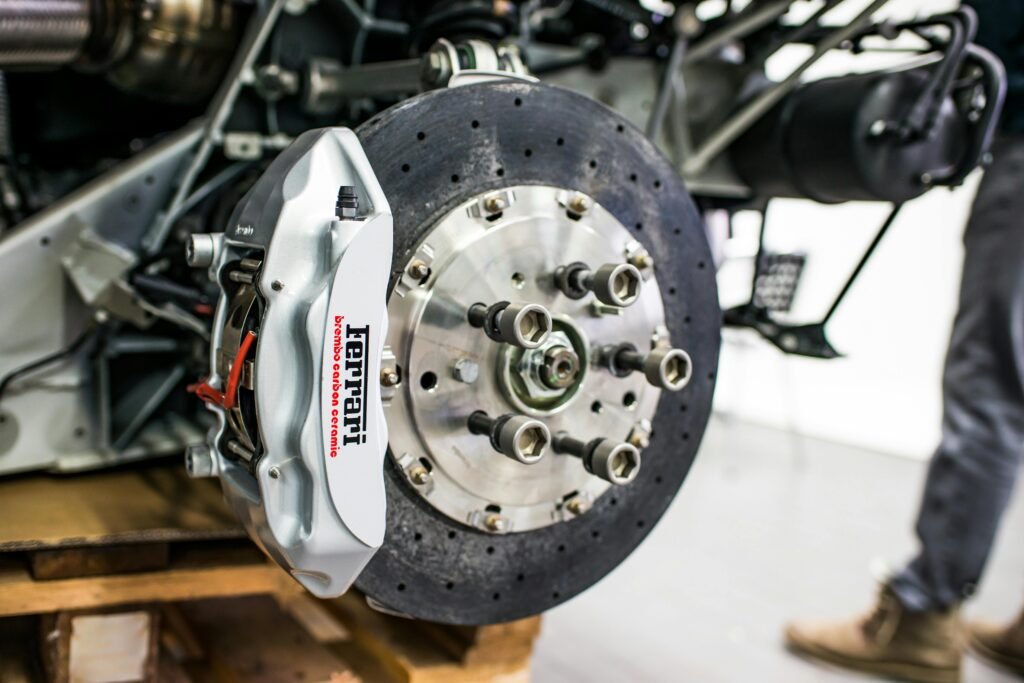
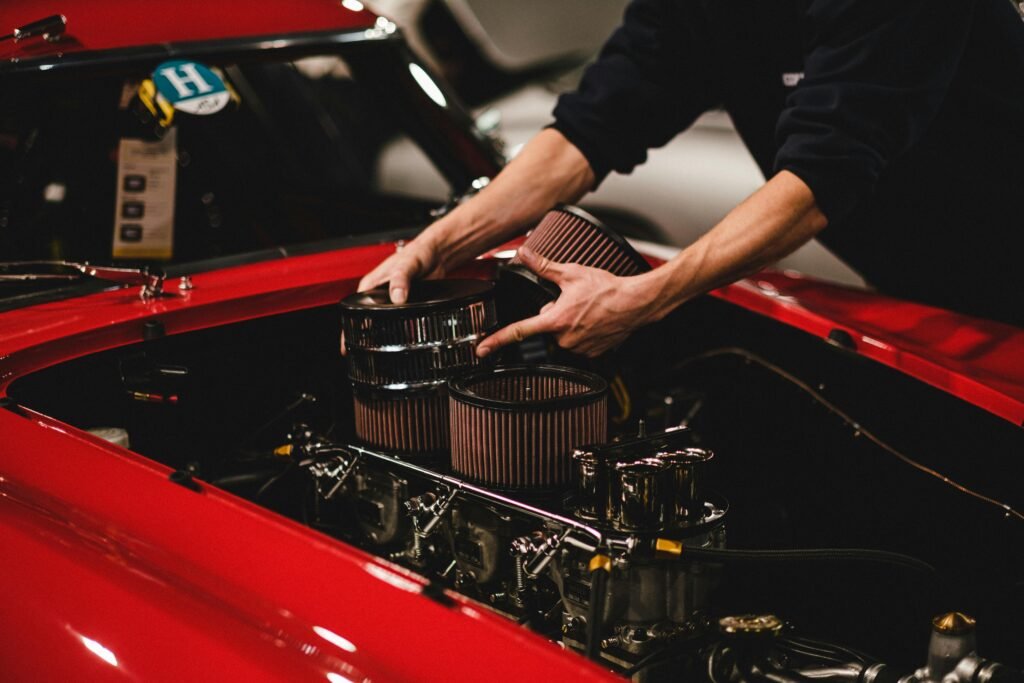
Maintaining a vehicle is crucial for ensuring its longevity, safety, and optimal performance. Regular maintenance tasks that every driver should perform help minimize the risk of breakdowns and enhance the driving experience. Among the most important of these tasks is checking and changing the oil. Regularly monitoring the oil level and quality is vital, as engine oil lubricates the moving parts and prevents excessive wear. Drivers should ideally change the oil every 5,000 to 7,500 miles, depending on the type of oil used and the manufacturer’s recommendations. Using high-quality synthetic oils can further improve engine performance and fuel efficiency.
Another essential maintenance task is replacing air filters. A clean air filter ensures that the engine receives adequate airflow, which is crucial for optimal combustion. Clogged filters can reduce engine efficiency and increase fuel consumption. Therefore, it is advisable to check the air filter every 12,000 miles and replace it as necessary. Additionally, regular tire maintenance, such as checking tire pressure and tread depth, significantly contributes to vehicle safety. Maintaining the correct tire pressure enhances fuel efficiency and extends tire life. Drivers should use a reliable tire pressure gauge to monitor psi levels regularly and ensure proper inflation.
Brakes are a vital component for safety, making their inspection equally important. Drivers should listen for unusual noises and feel for changes in braking performance, as these can indicate wear or damage. Regular brake inspections can prevent costly repairs and enhance safety on the road. It is also important to ensure that all lights and signals are functioning correctly. Properly working lights not only protect the driver but also alert others on the road to their presence. Utilizing quality maintenance products like performance air filters and accurate tire pressure gauges can significantly aid in executing these tasks efficiently. By adhering to these essential maintenance tasks, drivers can enjoy a safer and more reliable driving experience.
GET THE RIGHT AIR FILTER FOR YOUR VEHICLE
Using the Right Products for Car Maintenance
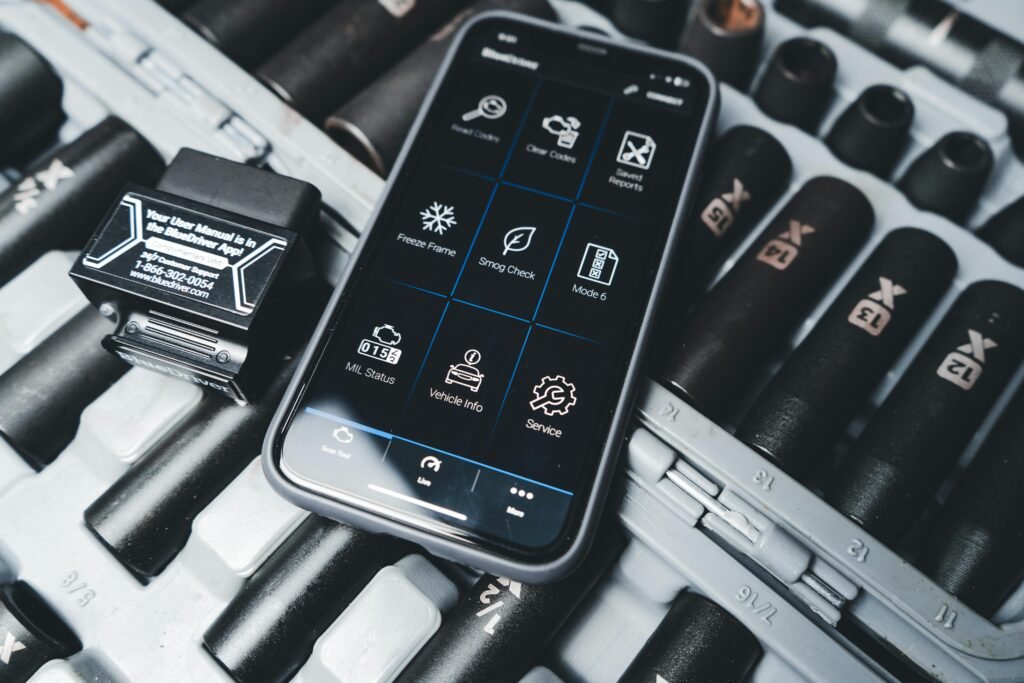

Proper car maintenance is essential for ensuring the longevity and performance of a vehicle. One crucial aspect of this maintenance is the selection of the right products tailored to the specific needs of a car. Using suitable cleaning supplies, lubricants, and diagnostic tools can significantly affect the vehicle’s overall health and efficiency. Understanding the differences between various products and their applications will empower drivers to make informed choices, ultimately enhancing the car maintenance routine.
When it comes to cleaning supplies, it is important to choose products that are designed for the unique surfaces and materials within the vehicle. For example, using a gentle pH-balanced cleaner for the interior upholstery, while a specialized formula for the exterior paint, will help maintain the aesthetic and structural integrity of the car. Additionally, opting for biodegradable and environmentally friendly cleaners can also minimize the impact on the environment, a consideration that modern consumers are increasingly prioritizing.
Lubricants play a critical role in ensuring that moving parts of the vehicle operate smoothly. Selecting the appropriate oil for the engine based on the manufacturer’s specifications can prevent excessive wear and enhance fuel efficiency. Similarly, using the right type of grease for lubricating suspension components and joints is crucial during maintenance to ensure durability and optimal performance. Understanding oil grades, viscosity, and application methods is key to implementing an effective maintenance routine.
Furthermore, diagnostic tools are invaluable in identifying potential issues before they escalate into major problems. Products such as OBD-II scanners can provide drivers with real-time data about the vehicle’s performance and help pinpoint trouble codes. With advancements in technology, these tools have become more affordable and accessible, making it easier for drivers to maintain their vehicles proactively.
In sum, selecting the right products for car maintenance not only optimizes performance and extends the life of the vehicle but also enhances the safety and reliability of driving. By equipping oneself with comprehensive knowledge and the appropriate tools, drivers can take charge of their car care effectively.
Creating a Personalized Car Maintenance Schedule
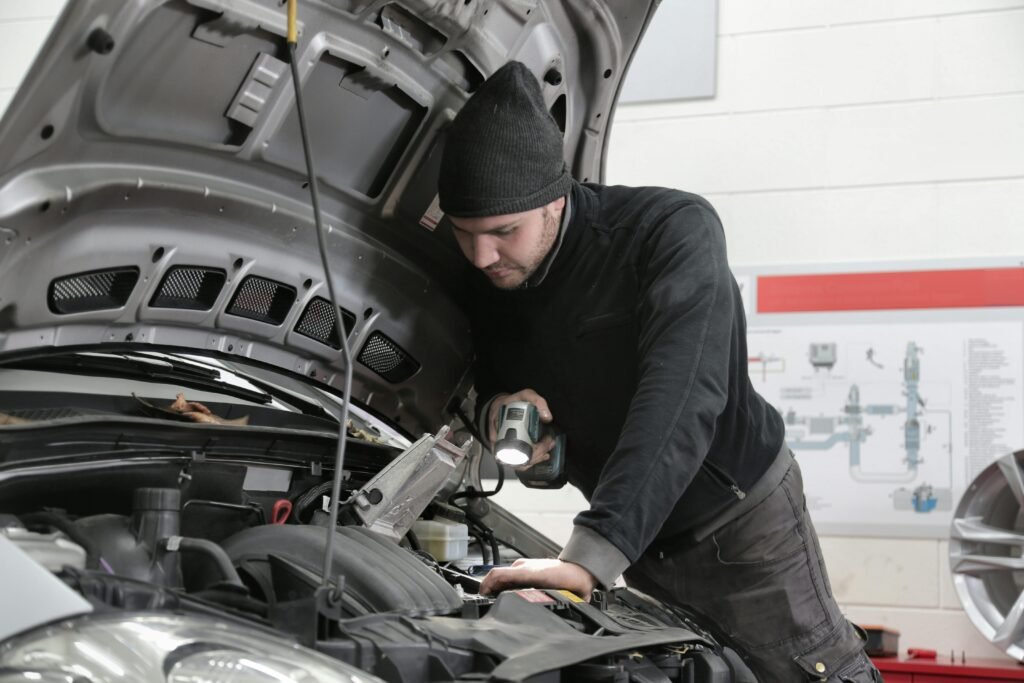

Establishing a personalized car maintenance schedule is essential for ensuring the longevity and reliability of your vehicle. This schedule should consider your unique driving habits, the specific requirements of your vehicle, as well as the general recommendations provided by the manufacturer. A well-planned maintenance schedule not only enhances the performance of your car but also helps in preserving its value over time.
The first step in creating a maintenance schedule is to review the owner’s manual of your vehicle. This document typically outlines key maintenance tasks and their recommended intervals based on mileage or time elapsed. Routine tasks such as oil changes, tire rotations, and brake inspections should align with these guidelines. However, consider adjusting these intervals based on your driving frequency and conditions. For instance, if you frequently drive in stop-and-go traffic or on rough terrain, more frequent checks may be necessary.
Seasonal changes also influence car maintenance needs. In colder months, ensuring that your battery is in good condition and that antifreeze levels are adequate becomes critical. Conversely, summer may require attention to your vehicle’s air conditioning system and tire pressure, which can fluctuate with temperature changes. Maintaining awareness of these seasonal considerations enables proactive maintenance and avoids potential issues.
To stay organized and ensure consistency in your maintenance efforts, consider utilizing car maintenance tracker apps. These applications not only send reminders for upcoming service needs but also help you log past services performed. Keeping an accurate record of maintenance history is invaluable, especially when it comes to reselling your vehicle or addressing warranty claims. Documenting services performed enhances transparency regarding your vehicle’s health and assures prospective buyers of its well-maintained state.

